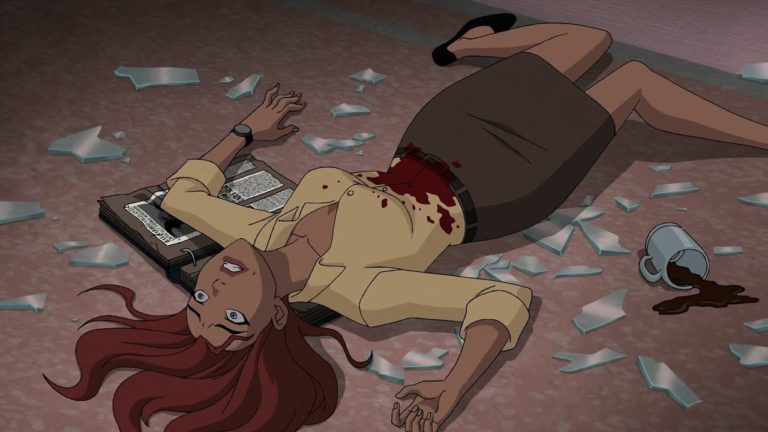As someone who has dedicated most of her life to studying comic books and specifically women in comic books, I have come to the realization that the Batverse is the most sexist subsect of any comic book universe, whether it be Marvel or DC.
Now that can be seen as a bold claim being that nearly every comic book female in existence was created from and put through sexist, patriarchal, misogynistic storylines and arcs. But, the Batverse is the worst offender.
I’m sure I’ve ticked off someone by now, but I come with receipts so here we go.
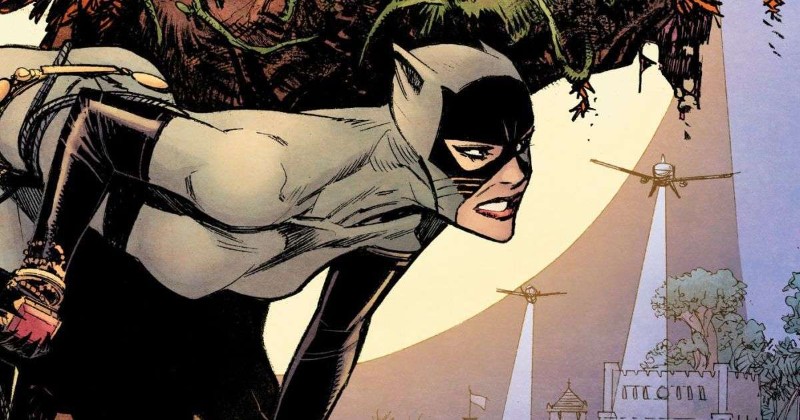
First off we have Catwoman’s creation
Sexism was entrenched in Catwoman’s very creation and, unfortunately, she never escaped those restrictions. Here is a direct quote from her creator Bob Kane:
I felt that women were feline creatures and men were more like dogs. While dogs are faithful and friendly, cats are cool, detached, and unreliable. I felt much warmer with dogs around me—cats are as hard to understand as women are. Men feel more sure of themselves with a male friend than a woman. You always need to keep women at arm’s length. We don’t want anyone taking over our souls, and women have a habit of doing that. So there’s a love-resentment thing with women. I guess women will feel that I’m being chauvinistic to speak this way, but I do feel that I’ve had better relationships with male friends than women. With women, once the romance is over, somehow they never remain my friends.
Gee BOB, why would any woman find you sexist?
Most of Catwoman’s storylines revolved around Batman: being his love interest, being unable to find herself and stand on her own without him, and questioning her ability to do her job after she had a child. The last point is a problem not a single male hero has ever thought about.
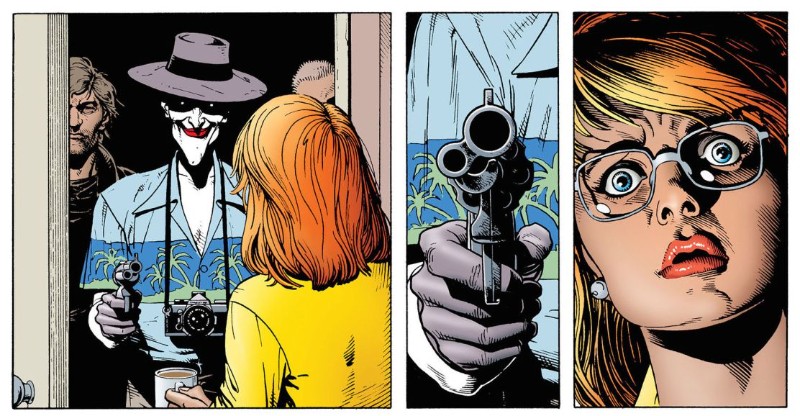
Next we have the treatment of Barbara Gordon
Specifically in The Killing Joke. Now, every argument you may have in your mind right now to defend this absolute waste of a comic book, I have no problem destroying.
The Killing Joke is often touted as one of the greatest comic storylines of all time and, honestly, there is no reason for it. Yes, I understand that the Joker is supposed to be sadistic and evil. Does that justify the mutilation, stripping, implied rape, and paralyzation of Barbara? Absolutely not.
And in case you were wondering, the paralyzing of Barbara Gordon is 100% an example of fridging. She’s used as a plot device to cement the Joker’s vendetta against Commissioner Gordon and Batman.
Alan Moore himself, the writer of The Killing Joke, said that there is no deeper meaning to that storyline. He wasn’t saying anything important. There was no message or commentary. Moore asked his editor Len Wein about paralyzing Batgirl and Wein’s response was, “cripple the bitch.”
So not only are the men writing the comics sexist, they so obviously need counseling and more women in executive positions.
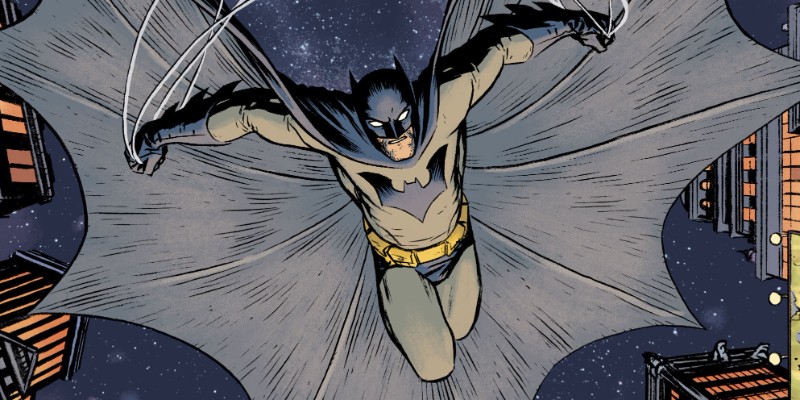
Thirdly we have Batman himself
Particularly how he treats the women around him. Now obviously we know that the billionaire is a womanizer, but that’s not even his biggest issue.
The problem lies with his treatment of women like Helena Bertinelli. Most of us know her as Huntress, but she did have a brief stint as Batgirl. Until she was forced out of the role by Batman because she didn’t follow his way of doing things.
She wasn’t allowed to act of her own agency or as her own person while carrying the mantle of Batgirl because, apparently, Batman feels the strong need to control the women around him.
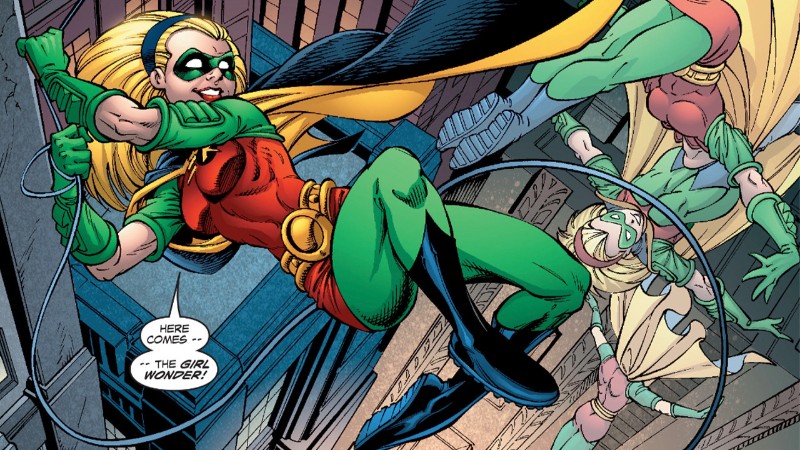
Then of course we have Stephanie Brown, the only female Robin.
Stephanie was tortured and murdered, her death never acknowledged by the caped crusader. She became just another Batverse victim of fridging.
Look, I understand. . .
That some of these characters were created at a time where nearly all men viewed women as property.
But if that’s going to be the excuse used to justify the treatment of these women, their stories and character arcs need to outgrow their misogynistic inceptions. But the reality is that oftentimes the treatment of these characters gets worse as time goes on.
Each of these Batverse characters, as well as this topic of sexism in comic books, gets a more detailed analysis in my podcast Lady Comic Book History.

